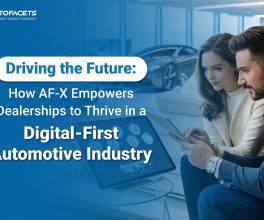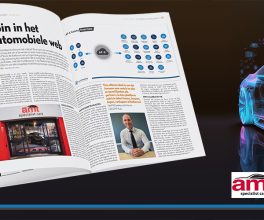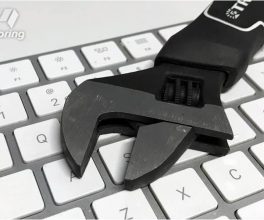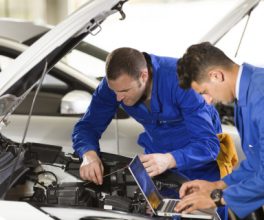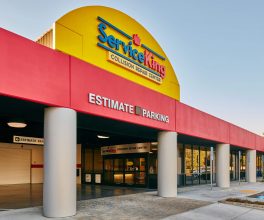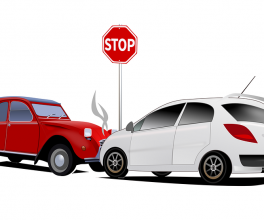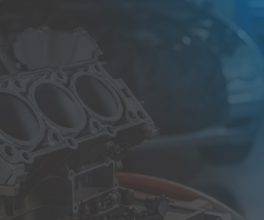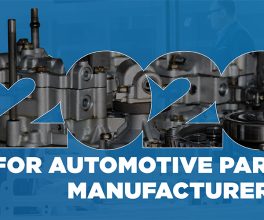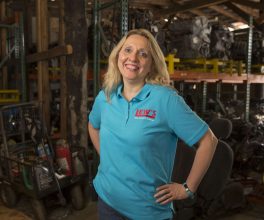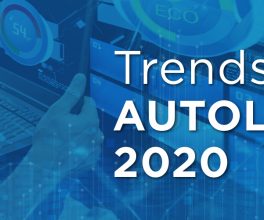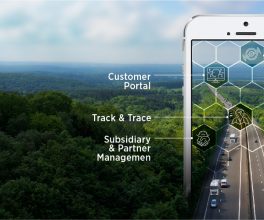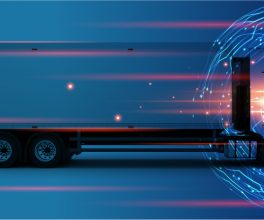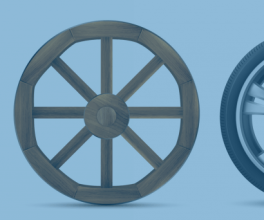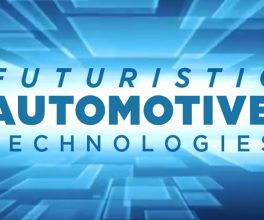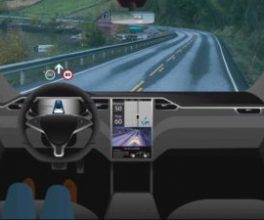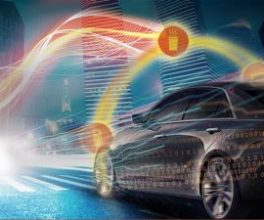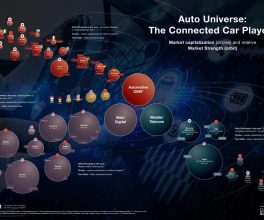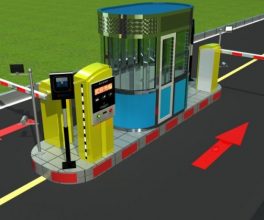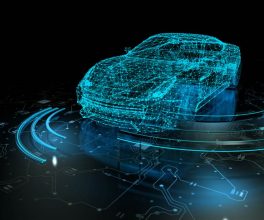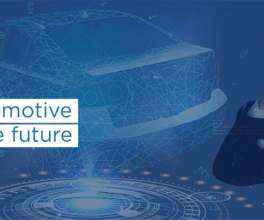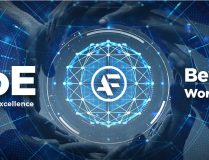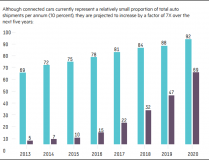Connected cars will ultimately converge under a unified IOT ecosystem
Telematics Wire got the chance to interview Mr. Jacob (Coby) Hasson, EVP, Head of Global Sales at Scope Technology, He leads the planning and execution of strategies to grow sales and revenues of the company. Jacob is responsible for managing the Sales and Business Development teams, creating a culture of success and drive for sales excellence, while managing executive level relationships with key customers and partners.
Below are the excerpts from the conversation.
TW: How do you see the connected car market developing in the next 5-6 years?
Jacob: While there seem to be disparate connected car trends between the OEM’s, insurance carriers, consumer OBD II-based solutions and the vehicle repair and maintenance verticals, our view is that they will ultimately converge under a unified IOT ecosystem that will open up the domain to new & non-traditional newcomers, generate new opportunities for the incumbents, as present new & innovative solutions & business models.
TW: How important is collaboration among the different players in the market for a better future?
Jacob: It is both critical & inevitable. There is a vital and great need for standardization and the overall opening up of the market. The path the industry needs to take is very similar to the path which was taken by the mobile handset market, which was transformed by the introduction of Android OS and the opening up of the market to content and service providers.
TW: What are your views on the Indian Telematics market and what are the factors that make it unique?
Jacob: The Indian market presents a unique set of potential and challenges. It is characterized by a somewhat delayed/hesitant initial adoption phase, followed by exponential growth rates, and on-going aggressive pricing challenges. The principle of survival of the fittest is quite prominent. From the perspective of Telematics, the market is driven by the growing maturity of the commercial fleet management vertical, OEM new connected car initiatives, and the initial foray into the UBI space by some of the leading insurance carriers.
TW: Vehicles will be generating a huge amount of data, what are the new business models that can develop in the future?
Jacob: An example of models can include an algorithm based auto-bidding similar to the one practiced by online advertising, revenue share between customer data aggregators & service/product providers and data analytics on a per-instance basis such as a vehicle diagnostics company providing vehicle health analysis per request, etc.,
TW: There are security-related concerns about aftermarket telematics solutions, what would you say to allay those fears?
Jacob: The security concerns primarily involve access to the ECU’s via the Telematics device & data privacy concerns in respect of the data transmission by the Telematics unit or the data base of the platforms containing the data. These concerns can and should be addressed by selection of experienced technology vendors with proven solutions that address these security concerns
TW: What are the challenges for wide-scale adoption of insurance telematics in markets like India, how can they be met?
Jacob: The main challenges include the following: regulation, defining an ROI that takes into account the low premiums and the need to create clear benefits across all activities of the carrier inclusive of the actuarial department, claims, marketing, and client engagement
TW: What steps do you think the government in a country like India should take to encourage the development of the Telematics industry?
Jacob: Provide tax incentives to all commercial fleets that utilize telematics, regulation (insurance industry) and extend the AIS 140 initiative.
Author – Piyush Rajan
Courtesy of Telematics Wire




